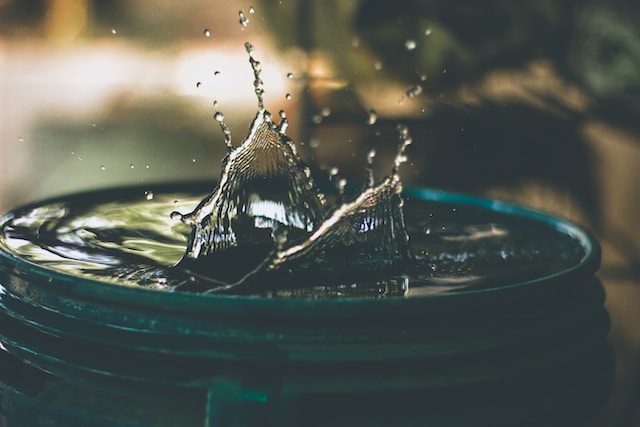A Guide to Common Home Emergencies: Stay Prepared, Stay Safe
Every home will experience unexpected emergencies that require immediate action. From sudden water leaks and electrical faults, to fire breakouts and fire alarms, these situations can quickly become life-threatening if left unaddressed. Therefore, it’s essential that homeowners understand common home emergencies as soon as they arise and how best to respond in these instances.

Photo by Amritanshu Sikdar on Unsplash
Blocked Drains
Blocked drains can create serious problems in homes, from foul odours to serious water damage. Blockages often result from the build-up of hair, food waste or fatty substances which solidify into solidified masses that block normal water flow. Urgent attention must be taken immediately in order to prevent further complications arising. Initial steps include using plunger or plumber’s snake tools to dislodge blockages before consulting a professional blocked drains expert. It’s vital that no harmful chemicals be put down drain as this may damage pipes as well as pose environmental risks if spilled down the drain.
Electrical Faults Are A Serious Threat
Households often remain unaware that electrical faults pose a silent yet serious danger, as many glitches go undetected until they escalate into serious problems or even disaster. Signs of electrical faults typically include frequent circuit breaker trips, flickering lights, and unusually high electricity bills. These issues could stem from wiring faults, overloaded circuits or damaged appliances. At home, DIY electrical fixes should only be attempted if you are properly trained. When any sign of electrical fault arises, consult a certified electrician immediately. Regular home electrical inspections can also help identify these silent threats and ensure a safer living space.
Fires: Prevention and Action
Household fires can be one of the most devastating threats, leading to extensive property damage and even loss of life. Fire prevention should always be your top priority against such tragedies. Installing and regularly testing smoke alarms, keeping flammable materials away from heat sources and checking that electrical appliances are functioning correctly are all key steps towards safeguarding homes against fires. Furthermore, households should develop and practise an evacuation plan in advance. Whenever a fire breaks out, it is imperative that swift and calm action are taken quickly and immediately. Leave the property immediately and contact emergency services. Never reenter a burning building; professional firefighters possess all of the training and equipment necessary for dealing with such hazards. Remember that possessions can be replaced while lives cannot.
Natural Disasters: Expect the Unexpected
Hurricanes, floods, earthquakes and tornadoes can strike with little warning and cause significant damage – endangering lives. Preparation is key in order to minimise risks posed by these unpredictable forces of nature. Planning ahead can include developing and practising an emergency plan, assembling a disaster supplies kit, staying informed about threats in your area and understanding the risk your home poses to specific disasters – and taking steps to reduce that vulnerability. Homes located in flood-prone areas could benefit from flood defences, while those situated within seismic zones might require structural changes for earthquake resistance. When disaster strikes, safety should always come first: evacuate when instructed and return only when authorities announce it safe to do so.
Conclusion
Though no one likes thinking about home emergencies, being prepared can make all the difference when it comes to mitigating damage and protecting your family’s safety. Remember, in any emergency it’s essential to remain calm, act swiftly, and seek professional assistance if necessary. Don’t hesitate to educate yourself, create a plan, and equip your home to respond swiftly in such incidents as they arise.
Adding Value to Your Home
You May Also Like

Glamping in Wales at Cosy Under Canvas
April 30, 2019
Chee Dale Stepping Stones Walk – Peak District
December 27, 2022